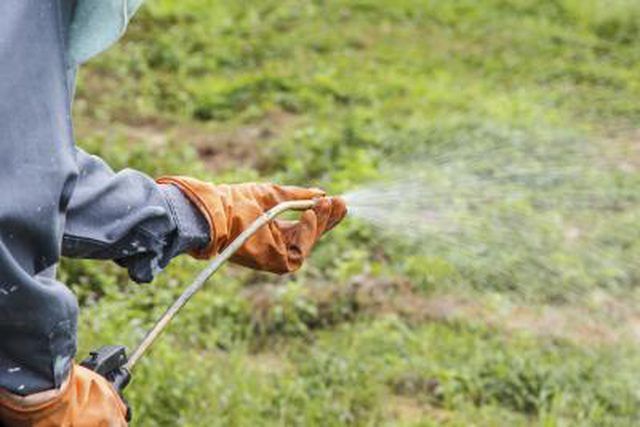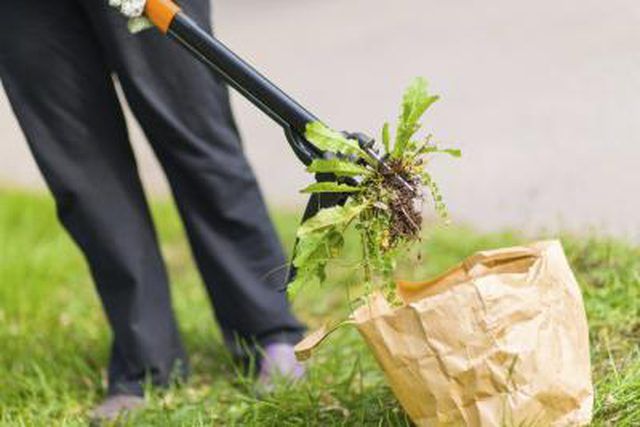Bulbs
Flower Basics
Flower Beds & Specialty Gardens
Flower Garden
Garden Furniture
Garden Gnomes
Garden Seeds
Garden Sheds
Garden Statues
Garden Tools & Supplies
Gardening Basics
Green & Organic
Groundcovers & Vines
Growing Annuals
Growing Basil
Growing Beans
Growing Berries
Growing Blueberries
Growing Cactus
Growing Corn
Growing Cotton
Growing Edibles
Growing Flowers
Growing Garlic
Growing Grapes
Growing Grass
Growing Herbs
Growing Jasmine
Growing Mint
Growing Mushrooms
Orchids
Growing Peanuts
Growing Perennials
Growing Plants
Growing Rosemary
Growing Roses
Growing Strawberries
Growing Sunflowers
Growing Thyme
Growing Tomatoes
Growing Tulips
Growing Vegetables
Herb Basics
Herb Garden
Indoor Growing
Landscaping Basics
Landscaping Patios
Landscaping Plants
Landscaping Shrubs
Landscaping Trees
Landscaping Walks & Pathways
Lawn Basics
Lawn Maintenance
Lawn Mowers
Lawn Ornaments
Lawn Planting
Lawn Tools
Outdoor Growing
Overall Landscape Planning
Pests, Weeds & Problems
Plant Basics
Rock Garden
Rose Garden
Shrubs
Soil
Specialty Gardens
Trees
Vegetable Garden
Yard Maintenance
Does Vinegar Kill Grass As Well As Weeds?
Does Vinegar Kill Grass As Well As Weeds?. Many gardeners recommend vinegar to eliminate weeds without the use of harsh chemicals. However, as many users discover, it is an indiscriminate killer, offing both weeds and wanted grass.
Many gardeners recommend vinegar to eliminate weeds without the use of harsh chemicals. However, as many users discover, it is an indiscriminate killer, offing both weeds and wanted grass.

Vinegar works because it contains acetic acid. Most commercially available vinegars contain around 5 percent acetic acid, while acetic acid-containing weed killers often have higher concentrations. Precisely why it works is not entirely clear, but according to Michael D.K. Owen of Iowa State University, scientists believe acetic acid quickly dissolves the integrity of cell membranes in plants, thus destroying plant tissue. That reaction occurs in both weed and grass plants.

Weed killers with acetic acid concentrations between 10 and 20 percent were effective against 80 to 100 percent of weeds, according to Iowa State University research. The effectiveness of solutions with lower concentrations -- such as found in household vinegars -- were variable. More studies are needed to determine if vinegar is more effective on certain species than others.

Vinegar is unlikely to kill the root systems of most plants, which provide for their regeneration. In other words, if vinegar successfully kills a plant's above-ground parts, it will likely regenerate. A demonstration at Nashua Research Farm also suggested that vinegar is unlikely to be effective on larger weeds and plants.
